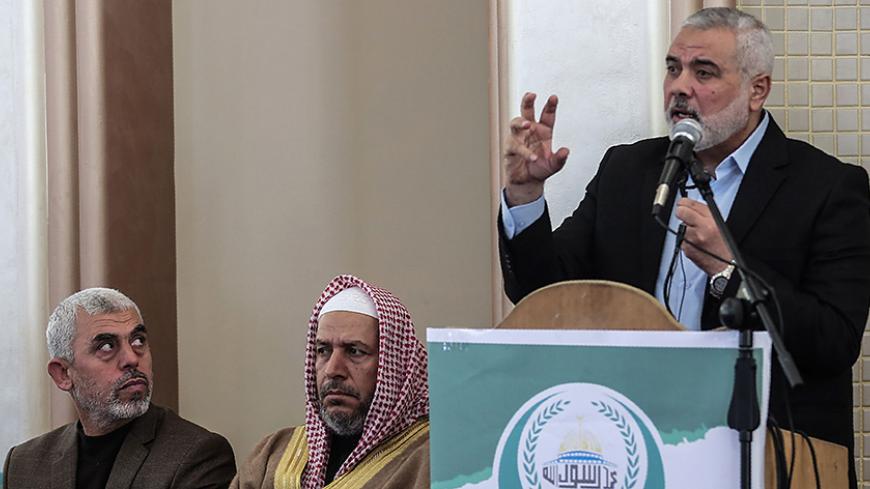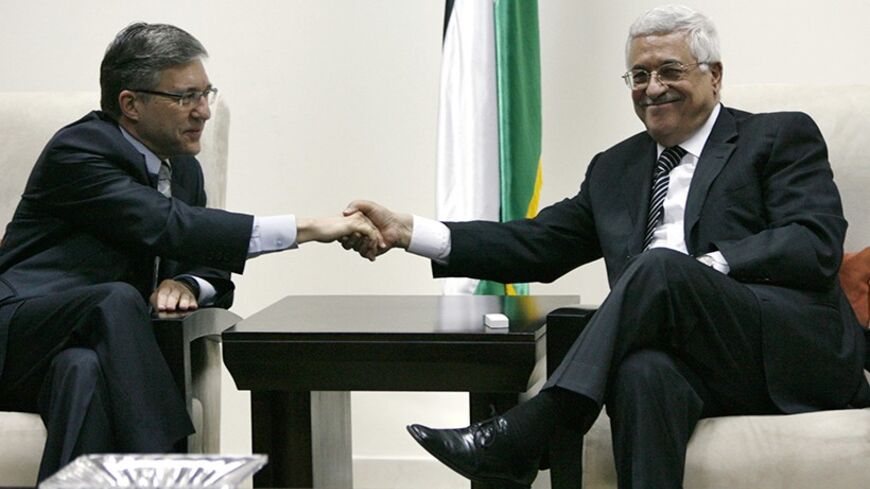Kerry’s draft cease-fire a rookie mistake
US Secretary of State John Kerry got himself stuck in the Middle Eastern quagmire when he failed to understand that a cease-fire must be accompanied by a comprehensive agreement between Israel and the Palestinians, or else fighting will resume.

It is fairly safe to assume that the way US Secretary of State John Kerry is handling the crisis in Gaza will not earn him the Nobel Peace Prize. Not really because he preferred to follow the Turkey-Qatar axis over the Egypt-Saudi Arabia axis.
His failure is far worse than that. When he chanced into an opportunity to convert the military dead end into leverage for a diplomatic breakthrough, the US secretary of state got stuck in the Middle Eastern quagmire like some new recruit.






